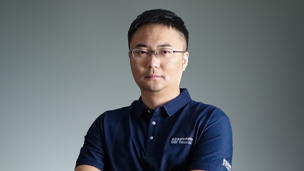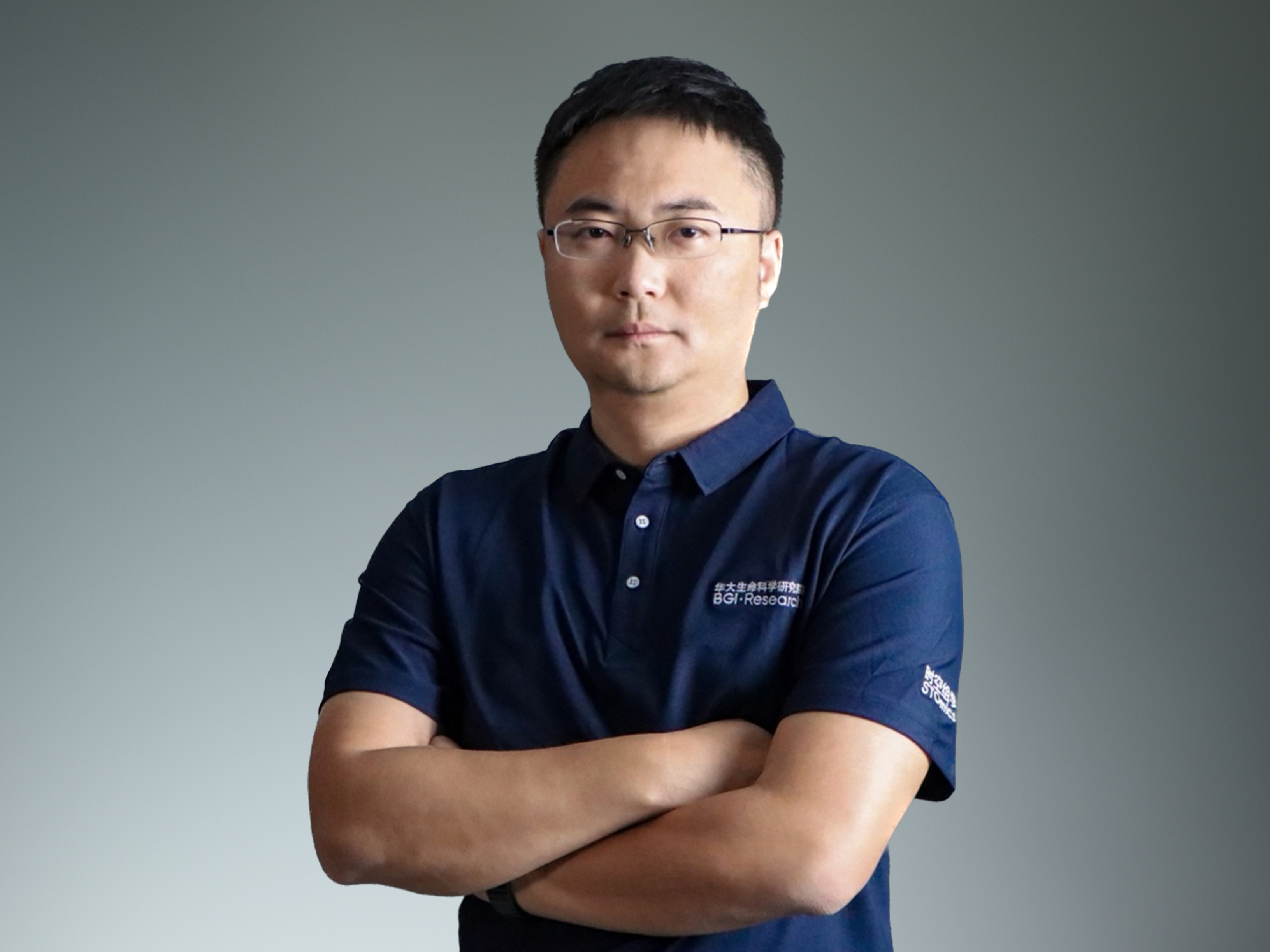- CN
Jan 27, 2023

Groundbreaking research led by BGI-Research and published in Science as a cover story in September 2022 used BGI’s Stereo-seq multi-omics technology to construct the world’s first spatiotemporal cellular atlas of axolotl brain development and regeneration. Dr. Li Hanbo, a researcher at BGI-Research was part of the research team and one of the corresponding authors of the paper.
 Dr. Li Hanbo, a researcher at BGI-Research.
Dr. Li Hanbo, a researcher at BGI-Research.
The complexity of the axolotl’s early wound healing particularly impressed Dr. Li: “The axolotl’s wound healing is a relatively gentle and orderly process which doesn’t cause scarring. This ensures subsequent tissue proliferation and differentiation potential and is a marked difference to a mammalian immune response which is rapid and intense, forming a scar and healing with a scab which hinders the possibility of subsequent regeneration.”
By using Stereo-seq, BGI’s spatial transcriptomic sequencing technology, the researchers were able to create a single-cell resolution spatiotemporal atlas of the axolotl brain telencephalon development. This demonstrated the characteristics of spatial distribution for various types of neurons and identified key stem cell subtypes in the regeneration process, and also outlined the cells’ space-time trajectory for reconstructing damaged neurons.
By understanding the cell types involved in the process of brain regeneration, scientists will be able to apply this knowledge to identify new ideas for regenerative medicine in mammals, potentially finding ways to promote self-repair and regeneration of tissues and organs in the human body in the future.
Dr. Li believes this work has given him a sense of mission. “Despite gaining degrees in biotechnology and developmental biology, I didn’t have the belief that life sciences research would be my future until I studied for a Ph.D. at Auburn University in the U.S. and conducted research on fish genetics and breeding.
“The training experience during my doctoral studies and the consequent achievements made me feel that what I do is really meaningful and valuable. Through joining BGI’s scientific research organization I have gained life science knowledge from the teams and this has given me a sense of mission,” he said.
Dr. Li is continuing the research into regeneration. “The regeneration research we are doing now is to learn from nature, learn from animals with abilities that humans do not have, find some answers that may be helpful to human health in the future, analyze these differences and establish theoretical models. This provides inspiration to other researchers to search for solutions to combat diseases.”
One of Dr. Li’s roles is to be a mentor to young, scientists of the future through BGI’s innovation class. He offers three pieces of advice: first, that it is important to consider whether they really have the commitment to engage in scientific research; second, that integrity is critical in scientific research; and third, that it is important to learn more through observation and then think flexibly.
He encourages them to view scientific research as a career where time and energy are important. “When you encounter difficulties, you must not deceive yourself, pretend that the difficulties do not exist, and avoid action because an issue appears too difficult. As scientists we must face up to difficulties and focus on solving the problem before moving on to other things,” says Dr. Li.
Dr. Li is unwavering in his commitment to the potential benefits of his research: “I think that life science research can provide possible solutions so that humans can lead longer and healthier lives. Regenerative research is a critical part of this.”